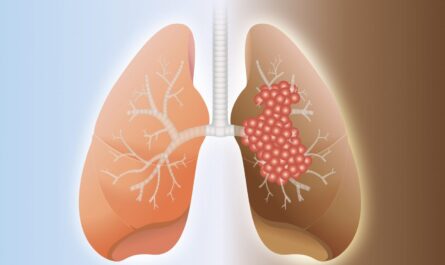A recent study conducted by the Center of Research Cyclotron at the University of Liège has uncovered that the human body continues to respond to the external environment during sleep. This research sheds light on how sensory information can influence sleep quality, including the effects of hearing different types of words while asleep.
Collaborating with the University of Fribourg in Switzerland, researchers from ULiège delved into the connection between external stimuli and the body’s physiological responses during sleep. Specifically, the study focused on how hearing specific words during sleep affected the heartbeat. The findings revealed that hearing relaxing words resulted in a slowdown of cardiac activity, indicating a deeper state of sleep compared to when neutral words were heard.
Published in the Journal of Sleep Research, this discovery highlights the intricate interactions between the brain and the heart during the sleep cycle. Previous research from the same team had already demonstrated that hearing soothing words could increase deep sleep duration and overall sleep quality. This new study further explores the impact of relaxing words on cardiac activity using electrocardiogram measurements.
The researchers proposed that the brain can process sensory information even during sleep, leading to relaxation and improved sleep quality upon hearing calming words. The analysis of both brain and cardiac activities helped differentiate how each contributes to the modulation of sleep in response to auditory stimuli. This study provides valuable insights into the role of bodily reactions in understanding sleep processes, complementing traditional brain-centric sleep research.
Dr. Christina Schmidt, one of the researchers involved in the study, emphasized the importance of considering both brain and body activities in understanding sleep cycles. The connection between the brain and body even in the absence of full consciousness during sleep highlights the need for a holistic approach to sleep research.
Dr. Athena Demertzi further explained that the study’s findings suggest a continuous connection between the brain and body during sleep, underscoring the significance of integrating both types of information for a comprehensive understanding of human behavior and responses to the environment.
The researchers shared their methodology openly, in line with principles of open science, with the hope of inspiring further exploration into the role of the heart in various sleep functions. By examining how the body responds to sounds during sleep, future research could uncover how sound influences emotional memory processing during sleep.
This study offers a broader perspective on the influence of sensory information on sleep functions and highlights the crucial role of the heart in regulating sleep patterns. The intricate relationship between auditory stimuli, cardiac activity, and sleep quality opens up avenues for future investigations into the impact of external factors on sleep processes.
Note:
1. Source: Coherent Market Insights, Public sources, Desk research.
2. We have leveraged AI tools to mine information and compile it.




